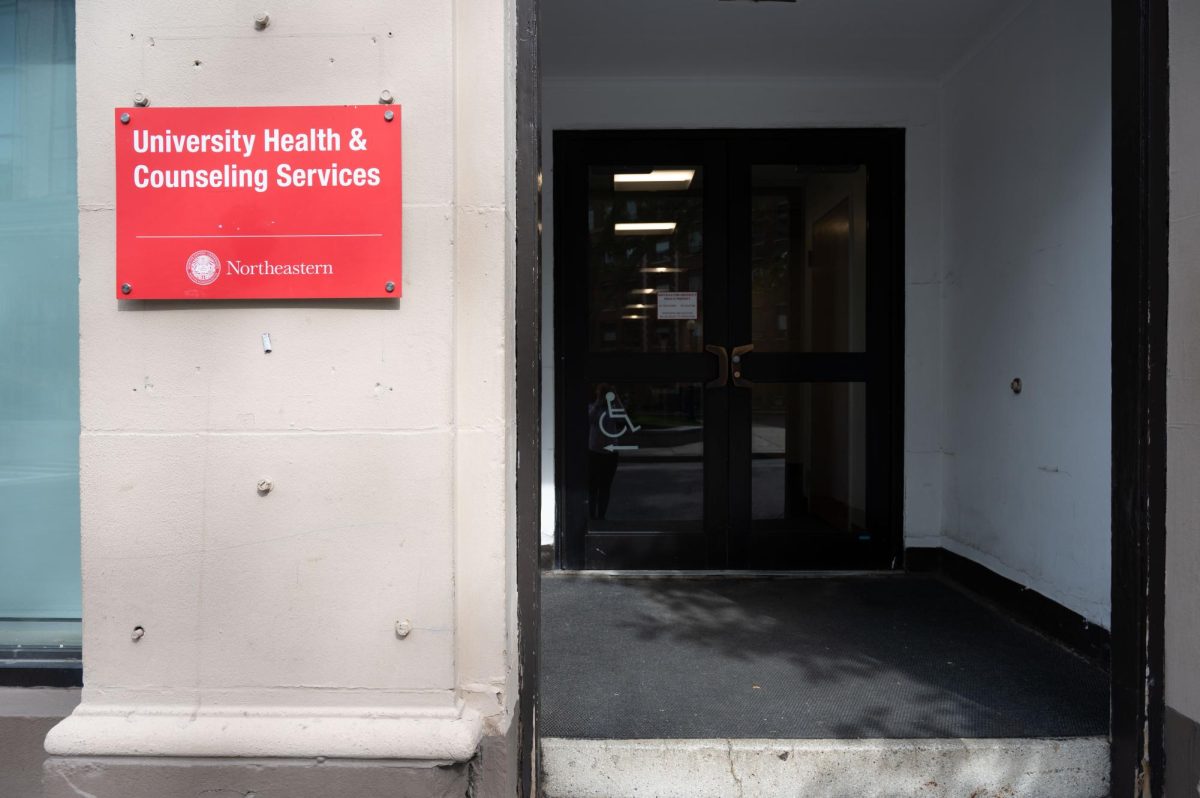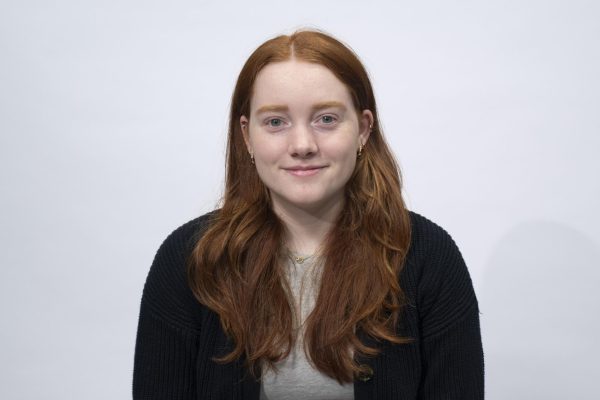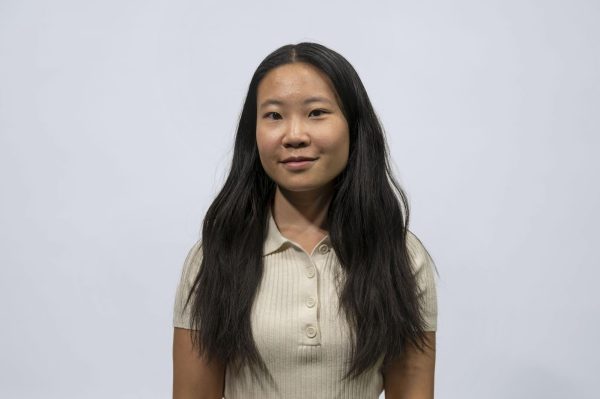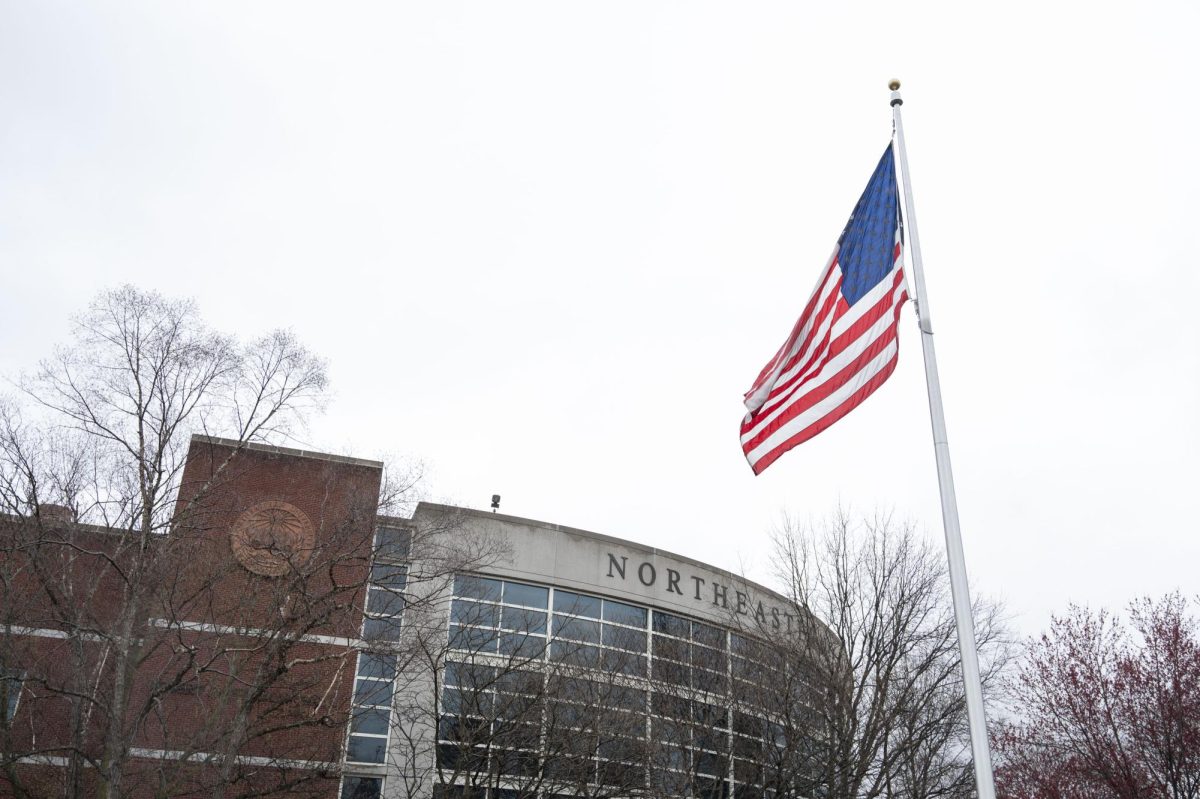After a three-year-long student campaign, the spring 2025 semester marked the first time medication abortion was available to students through Northeastern’s University Health and Counseling Services.
The push to offer prescriptions for medication abortion was led by the Northeastern University Sexual Health Advocacy, Resources and Education, or NU SHARE, club and Dr. Michelle Dalal, medical director of University Health and Counseling Services, or UHCS. The organization has spent years collaborating with UHCS and gathering student support to implement the change. Before Dalal, Dr. Christine Civiletto, Northeastern’s assistant vice chancellor of wellness, spearheaded the initiative.
“This is a huge, huge win. This has been in the works for about three years and we had some amazing advocates in our club,” said C Ledford, a fourth-year American Sign Language – English Interpreting major and president of NU SHARE.
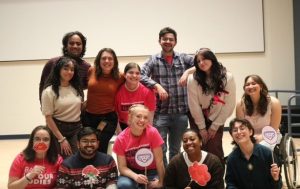
As of January, students can still call UHCS to set up a routine medical appointment to discuss pregnancy options — including adoption and abortion. But now, UHCS is able to prescribe abortion medications — mifepristone and misoprostol — to students on site. Previously, students seeking an abortion were referred to local health centers to receive this care.
“We’ve seen students be so thankful for this health service, especially because around the country, this health service is being taken away from so many people,” said Natalie Benavides, a fourth-year biology major and vice president of NU SHARE who is from Texas, where access to abortion care is limited.
After completing treatment, UHCS follows up with the student in order to “ensure the abortion has been successful,” Dalal said.
Students prescribed medication abortion will take two different types of medication, the first is mifepristone which stops pregnancy from growing, and the second medication is misoprostol and causes the uterus to cramp and bleed which empties the uterus.
Medication abortion has been used in the United States for over twenty years, and is “safe and very effective,” Dalal said. “Medication abortion should be completed under the guidance of a medical professional. During the visit, the process of medication abortion would be reviewed, including possible side effects and contraindications.”
Some people may confuse medical abortion with emergency contraception such as levonorgestrel, most commonly sold under the brand name “Plan B.”
“Emergency contraception is when medication is given to prevent a pregnancy after unprotected sex,” Dalal said. “And a medication abortion is a process where you use [usually] two different medications to terminate that pregnancy.”
“UHCS provides this [medication abortion] so that it is free for all students, no matter if they have Northeastern health insurance or not,” Ledford said.
Despite fears about the possibility of abortion restrictions under the second Trump presidency, a national abortion ban “would set up a tremendous legal battle,” said Sarah Lee Day, a visiting assistant teaching professor of legal skills in social context at Northeastern.
“Northeastern is one of few schools in the Boston area, including Tufts University, that provides prescriptions for abortion medication. In 2022, Massachusetts passed a law expanding reproductive access, requiring all public higher education schools to develop a medication abortion readiness plan.
Any students unable to have a medication abortion due to gestational age or contraindications will be referred to a local hospital that UHCS has partnered with, and will be treated typically within one week, according to Dalal. In the event that a student is referred to a health center, they will not have access to a free medication abortion and all charges will have to be through insurance or personal funding.
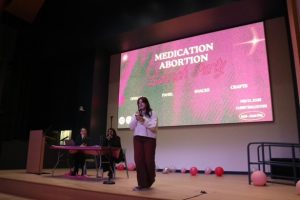
Northeastern students expressed gratitude for this new healthcare access.
“I think that it’s a reassuring service, to know that Northeastern is at least attempting to look out for its students,” said Isabella Bernstein, a third-year criminal justice and journalism combined major.
NU SHARE members also said the change has been positively received.
“Someone actually bought [Ledford] hot chocolate for their work,” Benavides said.
Students wanting more information about a medical abortion may visit the UHCS website. Contraceptive care can be found in the Marino Recreation Center vending machine, along with emergency contraceptives. Students can also obtain Plan B for $7 through UHCS or use NUSHARE’s anonymous online Plan B delivery service.
“We will definitely be working with UHCS to improve if there are any issues that do arise, but at the moment there hasn’t been any that have been brought to our attention, and so we have this working relationship with UHCS which we are so grateful for and we will continue to work with them, getting more information out about medication abortion,” Ledford said.
Editor’s note: This article was updated April 15 at 9 a.m. to update Civiletto’s role in introducing medication abortion and to correct the cost of plan B.



